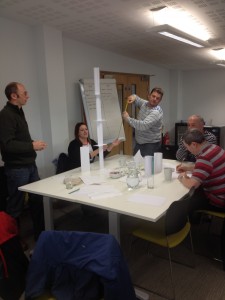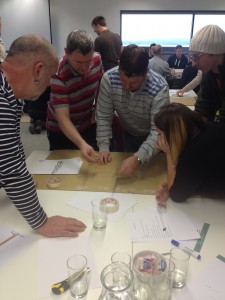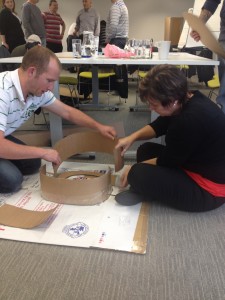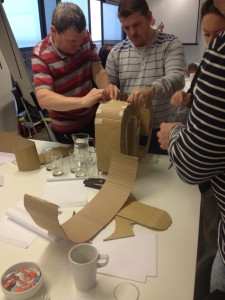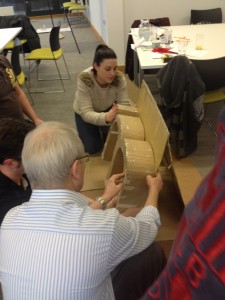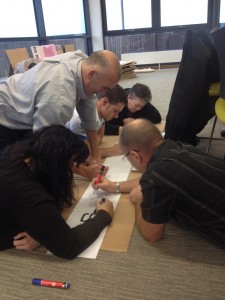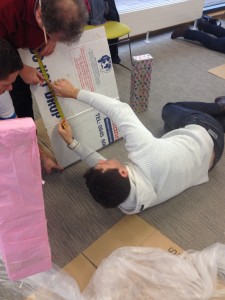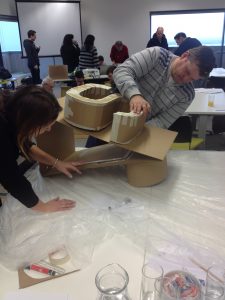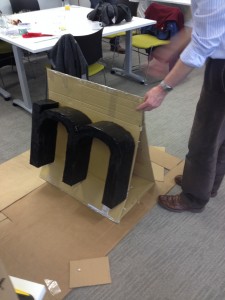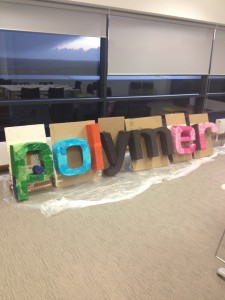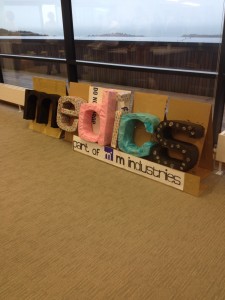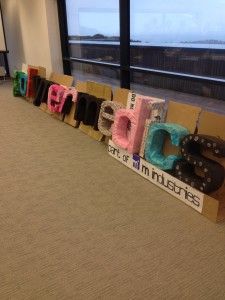We have moved into a new office at the Health and Wellbeing Centre in Truro.
Ten years ago we were incredibly proud to move into the truly iconic Engine House in St. Agnes. The newly renovated building was a flagship project for Carrick District Council and the development was considered by them to be a “positive contribution to the World Heritage Status site.”
We successfully bid for shared tenancy with UKnetweb and we all moved in: Two businesses, one big happy family. We loved (and still love) this wonderful building as did everybody who visited.
However, it is fair to say that the building did not come without its problems. Before the renovation it had been roofless for over 60 years and it was never designed to be sealed and enclosed. It has been estimated that the walls hold approximately 40 tons of water so it is no surprise that damp was an issue from the start and visitors may remember that the building appeared to have a bad case of dandruff as we struggled to keep the paint on the walls.
Despite replacement pointing and the addition of an expensive air circulation system, the damp problem has become worse over time leading to extensive mould growth and, during certain weather conditions, water actually running down the inside walls.
So it is with great sadness that we have had to concede that the building is no longer a safe or healthy place to work and we have all moved out whilst we negotiate the best course of action with our Landlords at Cornwall Council.
Evolution is now based in The Health and Wellbeing Centre at Treliske. It is lovely to be surrounded by other, wonderful businesses and particularly nice to be warm and dry. We are considering this to be a very enjoyable sabbatical and hope to bring you news about the future of The Engine House soon.


If you are in the building feel free to pop in and say hello (unless we are out working with clients) otherwise you can continue to contact us on the same telephone number and email address.
+44 (0)1872 555939

